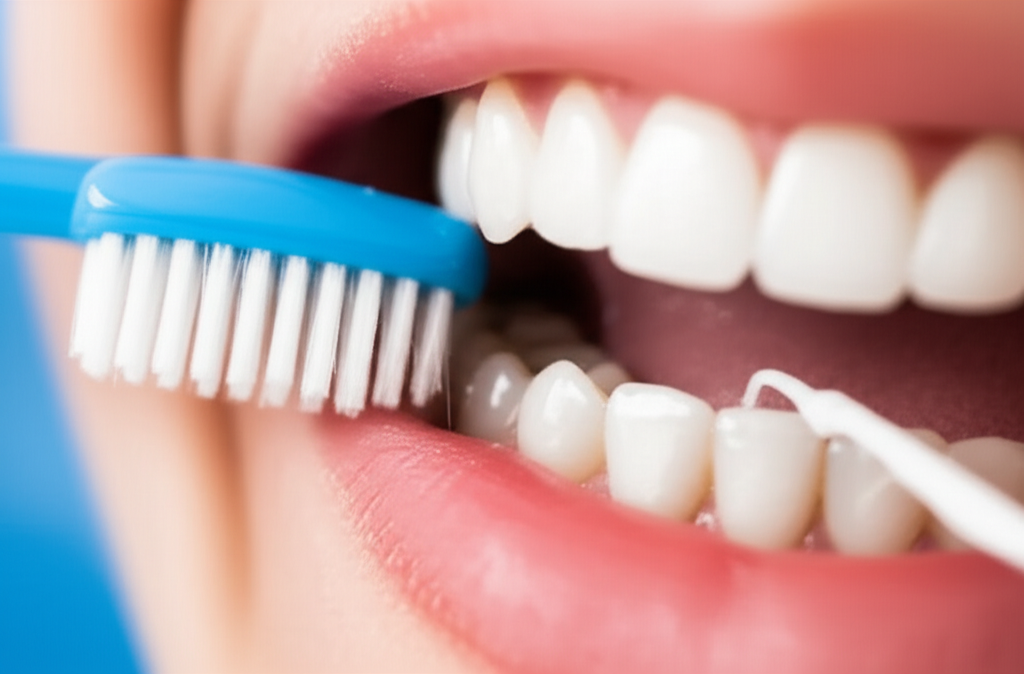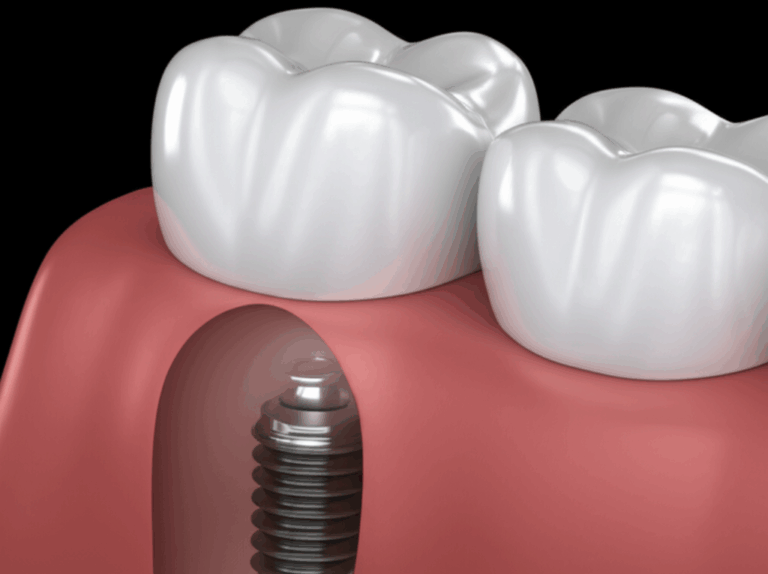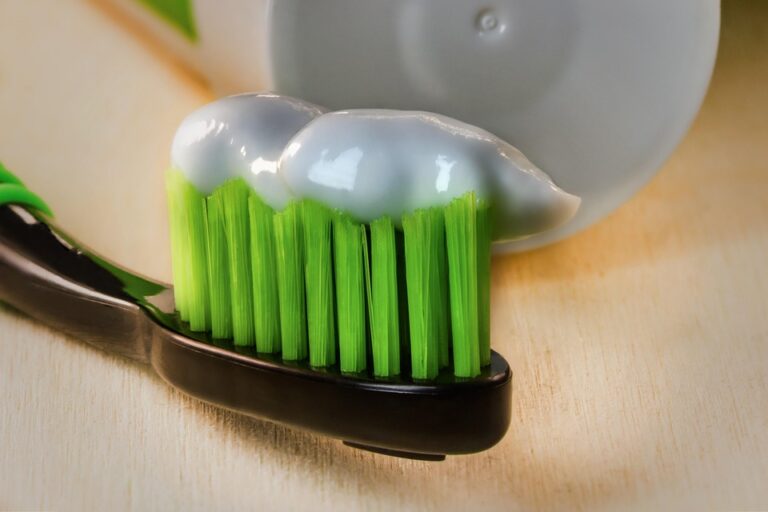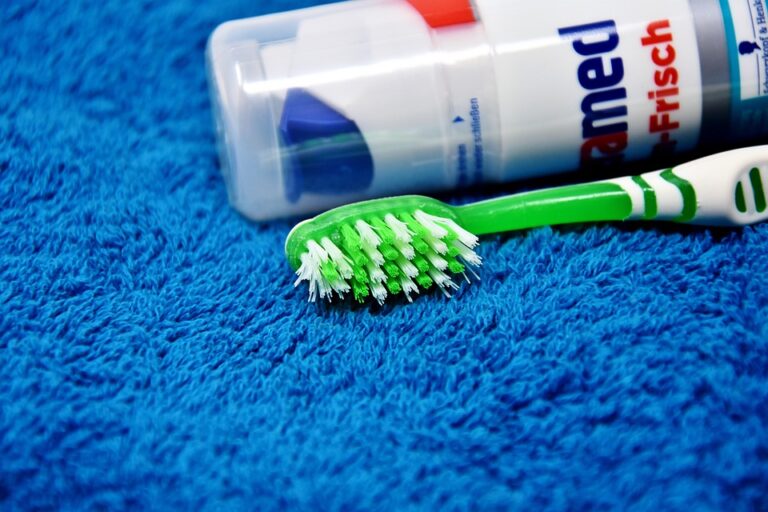
How Often Should Dental Implants Be Cleaned? Your Essential Guide to Lifelong Oral Health
Table of Contents
- Brushing Frequency & Technique
- Flossing (or Interdental Cleaning)
- Mouthwash
- Standard Frequency
- What Professional Cleanings Involve
- Why You Can’t Skip Professional Care
Outline Overview
Before we start, here’s what I’ll talk about in this article:
- Why keeping dental implants clean is so important
- How I look after my implants at home, with brushing, flossing, and mouthwash
- My experiences with professional cleanings and why they matter
- What things can change how often you need to clean your implants
- How to spot problems early
- What can happen if you don’t clean your implants
- Some tips that helped me keep my implants healthy for a long time
The Lifespan of Your Investment: Why Implant Cleaning Matters
When I first got dental implants, I knew it was a big commitment. Every dentist told me one thing over and over—implants can last a long time. But—and this is important—their success really depends on how well I take care of them.
Dental implants, for anyone new to the idea, are small posts (usually made from titanium or zirconia) that doctors put in your jaw to support crowns, bridges, or dentures. Implants can’t get cavities, but I soon found out that they can have other problems. The gums and bone around dental implants can still get sore or infected, and you can lose bone—a bad condition called peri-implantitis.
The main thing to remember? Cleaning implants is not just about having a clean mouth—it’s the difference between having a strong smile for life or spending more money and time fixing painful problems later.
Daily Home Care: Your Foundation for Healthy Implants
Honestly, when my dentist put in my implants, I thought my usual brushing was enough. I quickly learned I had to be more careful.
Brushing Frequency & Technique
What works for me: I brush at least two times a day—once in the morning, once before bed. If I eat something really sticky or sweet, I might brush after lunch too. My dentist first gave me a soft toothbrush, but I later switched to an electric toothbrush made for implants. It’s gentle but does a good job.
Little circles with the brush work best. I stay away from going side-to-side hard—because that can upset my gums and miss spots around the implants.
Flossing (or Interdental Cleaning)
Flossing was the biggest change for me. Every night, I clean between my implants using a few different tools. Regular floss can get stuck or shred, so I use special implant floss and unwaxed dental tape by single crowns. For spots that are hard to reach—like under bridges or All-on-4—I use small interdental brushes. I also sometimes use a water flosser (oral irrigator) for a good final rinse. It’s easy and helps me get rid of any leftovers I might have missed.
Mouthwash
I also use a mouthwash that doesn’t have alcohol or one with a germ-killing ingredient (if my dentist says it’s OK). It doesn’t do all the work, but it helps lower germs and swelling around the implants. I do it daily, since even small things help in the long run.
Professional Dental Cleanings: Non-Negotiable for Implant Health
If you take one thing away from what I’ve learned, let it be this: don’t skip your dentist visits. Even with my best effort at home, professional cleanings are a must.
Standard Frequency
At first, my dentist wanted me to come in every six months—just like someone with natural teeth. Later, since I kept up good habits and didn’t get new problems, we kept that same routine. But people I know who have diabetes, gum disease, or smoke need to go every three or four months. If you’re at higher risk, your dentist will probably want you to come in more often.
What Professional Cleanings Involve
A professional cleaning with implants is different than cleaning real teeth. My dental hygienist uses plastic or titanium tools. Why? Because metal tools can scratch the implant, leaving places for germs to hide. Every time, they check for plaque and tartar, clean really well around each implant, and watch for early warning signs using gentle tools and sometimes X-rays. After that, I get my crowns and the pieces on top polished, and they remind me what to do at home.
Why You Can’t Skip Professional Care
Let’s be real: no matter how much I clean, I can’t get every single spot. Stuff can still build up right under my gums, and that causes trouble I can’t see or fix by myself. Going to cleanings means problems like peri-implantitis or mucositis can be spotted fast, while it’s easy to treat. Also, some implant brands want to see proof of regular cleanings to keep your warranty. That makes me feel better about my smile too.
Factors Influencing Your Implant Cleaning Schedule
I know my cleaning habits aren’t the same as everyone else. There are a few personal things that can change how often you should clean your dental implants or see your dentist.
If you’re really careful with your home cleaning, maybe you only go to the dentist twice a year. If you forget to floss or have a family full of gum disease, you might need to go more often.
How healthy you are matters, too. Diabetes, immune problems, or weak bones can make you more likely to have swelling or lose bone. Smoking messed up my friend’s progress—her dentist told her to come every three months. The more risks you have, the more times you probably need to go.
How many implants you have also counts. One single implant is easier to clean than a lot of them or a full set like All-on-4. Whether your implants are titanium or zirconia matters a little, but the basics are really the same.
Grinding your teeth (bruxism) also causes trouble. If you clench at night, ask your dentist about a nightguard. Grinding puts stress on implants, and keeping everything extra clean is important if that’s you.
Recognizing Trouble: Signs Your Implants Need Attention
I remind myself to check for anything weird. Spotting things early saved my implants before.
Here are some signs that something might be off:
- Red, puffy, or bleeding gums around the implant, especially when cleaning
- Bad breath or a funny taste that won’t go away
- Soreness or pain near my implant
- An implant or crown that feels loose (this is really serious)
- Pus, which means infection
- Changes in how my teeth feel when I bite
- Gum shrinking back from the implant
If I notice any of these, I don’t wait. I make an appointment right away. From my experience, the sooner you fix it, the better.
The Consequences of Neglecting Implant Hygiene
I want to be straight about this—not cleaning enough has big downsides, and with implants, it’s even riskier.
Peri-Implant Mucositis
This is when the soft tissue around my implant gets sore. The good thing? If I act fast, it gets better. More cleanings and better habits at home usually solve the problem.
Peri-Implantitis
But this is the bad one. At first it’s swelling, but then the bone starts to go. Peri-implantitis can mean major bone loss, and if it gets too bad, my implant can fail. Roughly 10-20% of implants get this, especially if you smoke or have gum disease.
Implant Failure
If infection or bone loss gets too far, I could lose the implant. That’s not just pain and hassle, but getting new implants costs a lot more money and time than just looking after them.
No sugarcoating—missing out on cleanings doesn’t just hurt my gums, it puts my whole investment at risk.
Tips for Maximizing Implant Longevity
I’ve learned a few tricks—some the hard way, some from my dentist—to keep my implants going strong.
- Follow my dentist’s directions, even if it feels like too much at first.
- Only use tools and toothpaste meant for dental implants—a soft brush, special floss, and gentle toothpaste.
- Don’t chew on ice, hard candy, or pens. My implant crowns are tough, but they can still break.
- If I smoke, I quit, or try to get help. Smoking is really bad for implants.
- Keep health problems like diabetes under control. Good blood sugar really matters.
- Think about a nightguard if I grind my teeth at night.
- Never skip my regular check-ups. Cleanings are the best way to protect my implants.
If you want to know more about dental diseases or overall teeth health, those sites helped me understand how implants fit in with taking care of all my teeth.
Conclusion: Prioritizing Your Dental Implant Health
If you remember one thing from me, let it be this: keeping dental implants clean is half science, half habit, all about doing it every day. What I’ve learned is that brushing and flossing at home, plus regular appointments, isn’t just a good idea—it’s needed.
I brush and floss every day. I never put off appointments, even when life gets busy. What do I get for it? A strong bite, a smile I’m proud of, and knowing my implants will last.
If you haven’t seen your dentist or had a cleaning in a while, now’s the time. A few minutes daily and going to the dentist twice a year can save your implants for decades. Believe me—your future self will thank you!








